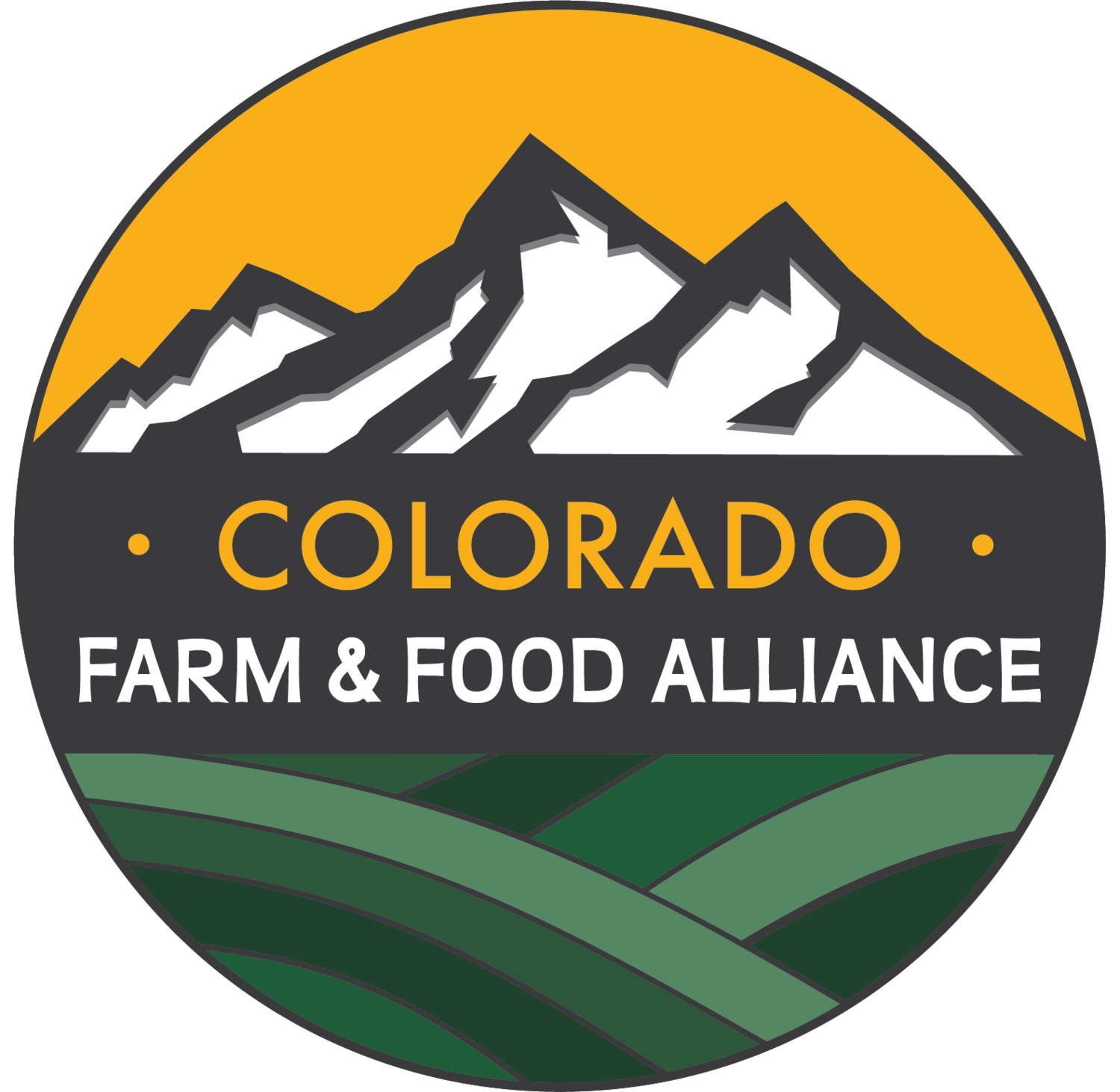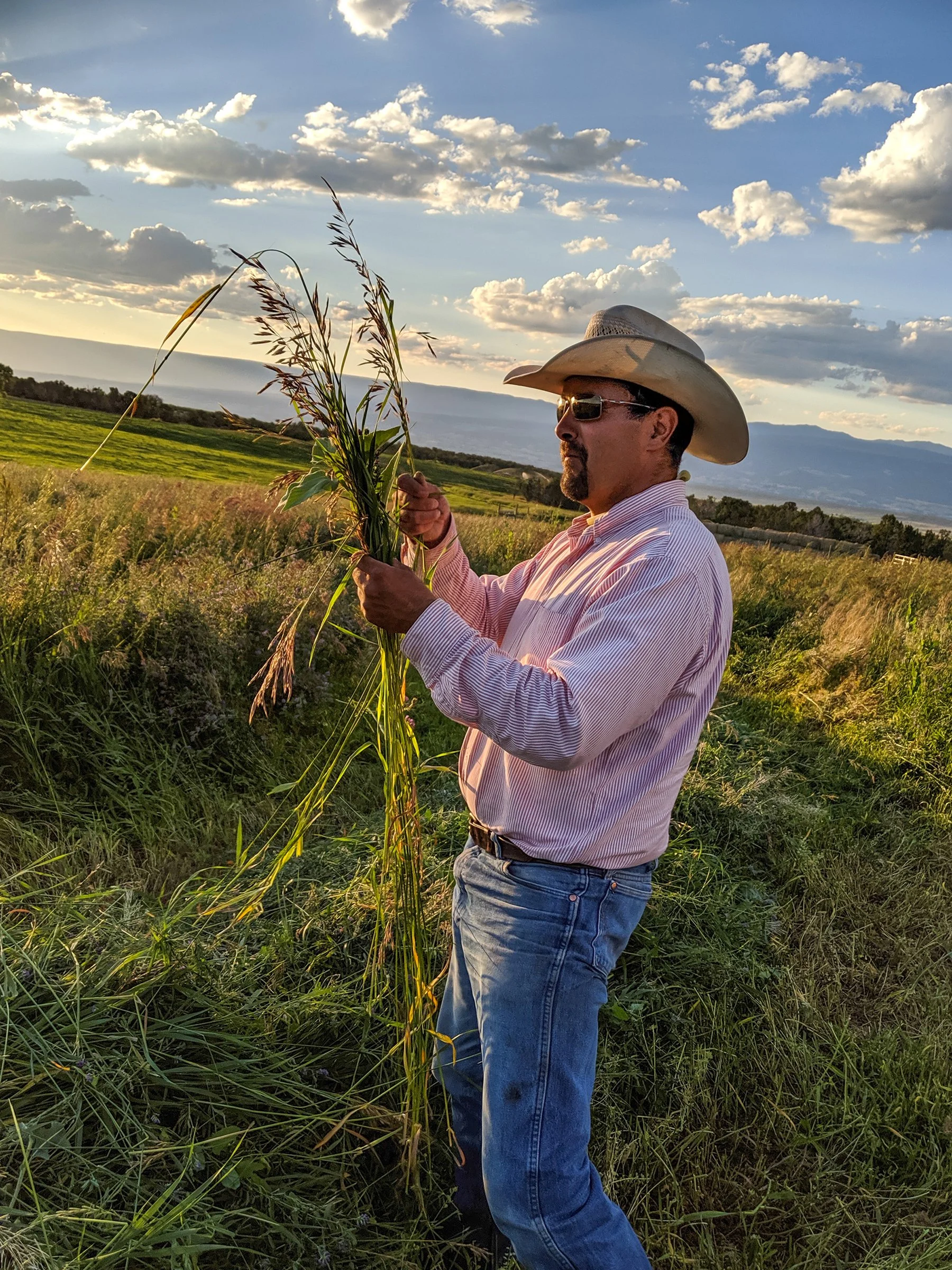Spring Workshops at Regenerative Ag Gardens & Classroom
Colorado Farm & Food Alliance at Arbol Farm
Colorado Farm and Food Alliance is excited for our spring workshop series to bring the Regenerative Agriculture Gardens and Classroom back, in partnership with our host, Arbol Farm, just outside of Paonia. A holistic dairy and working farm, Arbol Farm has a multi-generational legacy of hosting educational events from biodynamics to natural building to on-farm micro-hydro. It incubated the local farmers market in its early days (and which still carries its name although it moved to Paonia Town Park, Tuesday evenings during in season).
Learn from expert practitioners who farm and work in western Colorado.
In addition to offering practical and useful content for farmers and others stewarding lands, we are grateful to continue the community legacy by offering a fun and engaging space. We hope that you will join us this spring for workshops on regenerative agriculture principles, to help in our demonstration and food gardens, for summer movie nights, for pizza parties and more!
The space will be a fun and interactive space where people can come together to learn about regenerative agriculture techniques and practices on a working farm. The spring workshops start April 13 with a class on using local ingredients for soil and on-farm amendments, a workshop on holistic grazing the following Saturday, and classes on cover-cropping, native plants and pollinators, and on alley cropping through May. You can view the full spring workshop schedule here.
Hands-on Learning at Gardens & Classroom
Spring workshops topics, from native pollinators, natural farming, and cover cropping in the market garden, to alley cropping and holistic grazing. The purpose of these by-donation workshops, with all welcome, are to teach agricultural and land practices that help with better water retention in the soil, higher yields for farmers, and more resilience to drought, erosion and fire.
Most workshops, offered on a gift model with a suggested donation, feature a classroom component followed by a hands-on project or planting to solidify the learning with practice. Participants can creatively engage with the learning and explore ways to incorporate some of these practices in their own operations. The space has both an indoor and outdoor learning space. And as the former site of the Arbol Farmers Market, there is a pizza oven on site. We will be offering movie nights on regenerative agriculture, as well as related topics including watershed health throughout the summer.
Cover crops are a great way to increase the bioavailability of nutrients in the soil, acting as mulch-in-place to reduce soil temperatures, and to promote healthier soil biomes. Done correctly, they can be a great way to prep beds and reduce weed pressure for the producer. Alley Cropping is a practice that involves planting trees and shrubs in rows between other crops. This practice has a myriad of benefits ecologically and to the farmer, including incorporating more crops into a small space, reducing the need to clear land, increased water retention and maintained soil fertility.
Not only will these practices help farmers be better equipped to face unpredictable weather conditions but they will also improve yields once established and with time. It is also worth noting that all of these practices are currently top agenda items for federal, state and foundation funding. Producers who experiment with some of these practices into their operations may be eligible for grants, loans or other funding to help implement these practices. Keep an eye on our website for potential grants and other opportunities to help implement these practices in your operations.
You can find all our workshops at colofarmfood.org/events and view the full schedule below.




